How the oil business of the Privat group is disappearing
In January 2023, Ihor Kolomoiskyi and his partners could celebrate 20 years of chairmanship in Ukrnafta, the country’s largest oil producing company. It was in the winter of 2003 that Ihor Palytsia was elected chairman of the board of the company. This marked the beginning of the creation by the Privat group of the most powerful oil and gas player in the country, which in 2007 also acquired the largest oil refinery, Ukrtatnafta. Instead, at the beginning of 2023, the prospect of the disappearance of this giant loomed on the horizon. The day before, the government seized the “private” shares of Ukrnafta and Ukrtatnafta in favor of the Ministry of Defense, after which almost a thousand gas stations of the Privat group also faltered. The main role in this was played by a group of declassified owners of oil assets, who seem to have lost touch with reality.
Government representatives officially explained their step by the need for a stable supply of fuel to the army and the efficient operation of oil and gas companies during the war. The launched PR campaign of yesterday’s top market player seeks to convince us that the decision was impulsive, the country’s leadership was misled, etc. However, there are reasons to believe that the foundations of nationalization were formed gradually, and one day the limit of patience was simply exhausted.
An elephant can dance
Everything happened in the blink of an eye. On November 6, 2022, the decision was made at the Headquarters of the Supreme Commander-in-Chief.
“In order to meet the country’s needs under martial law, we have the right to make such decisions... The confiscated assets acquired the status of military property, and their management was transferred to the Ministry of Defense of Ukraine. After the termination of the martial law, in accordance with the requirements of the law, the specified assets may be returned to the owners or their value will be reimbursed,” said Oleksii Danilov, Secretary of the NSDC (National Security and Defense Council).
On November 7, the National Securities and Stock Market Commission re-registered the shares — 57% of Ukrtatnafta (almost equally owned by Privat and Oleksandr Yaroslavskyi) and 49% of Ukrnafta (over 43% private). Shareholders’ meetings were immediately held, supervisory boards were re-elected, and already on November 9, both oil companies received a single manager – Serhii Koretskyi.
The decision is unprecedented as the mining and processing companies have always worked as a single technological chain (all Ukrnafta oil was processed in the city of Kremenchuk) but were legally independent.
The new management visited the facilities accompanied by special forces.
Ukrtatnafta: was there fuel?
From the very beginning of the war, the government began to solve the issue of fuel for defense. One of the directions was increasing the workload of Ukrtatnafta.
As early as the end of February, the state-owned Ukrtransnafta pumped more than 120,000 tons of oil from its own reserves. Also, as part of the mobilization task, 80,000 tons of Azerbaijani oil were transported to Kremenchuk from the Odesa-based terminal Eximnaftoprodukt, which arrived as early as February 24, 2022, for further processing at Ukrtatnafta. So, in total, the state provided more than 200,000 tons of oil, let’s remember this figure.
The decision to promptly pump imported oil was correct because already in March, Exim’s facilities came under a missile attack. That said, there is another nuance: that oil was not cleared through customs. According to sources, the State Bureau of Investigation recently opened a relevant case. If we focus on the price of $90 per barrel, we are talking about $10 million worth of VAT. This is the first “tax” episode and not the last one.
At the beginning of 2023, information about the shipment of 54,000 tons of Kremenchuk fuel to the Ministry of Defense got into the network. Its authenticity can hardly be verified in the conditions of war, but the fact that it appeared in the media space as part of a PR campaign to protect former shareholders of nationalized companies forces us to pay attention to it. Based on the analysis of these publications, the accusation of refusing to supply fuel to the army, which became one of the reasons for the nationalization, outraged the former curators of the enterprises the most.
So, according to these data, the army received 54,000 tons of light petroleum products. Quite a lot. But the state sent 200,000 tons of oil for processing, from which the plant was supposed to receive at least 130,000 tons of gasoline, diesel fuel, and aviation gas.
As we can see, the state could have questions about the lack of appropriate volumes. Also, let’s not forget that both Ukrnafta and Ukrtatnafta had mobilization tasks, according to which, as far as is known, they had to direct all available resources to support the army.
“We still need to study the issue of prices, according to preliminary data, they were 20% higher than market prices,” adds the interlocutor from the president’s office.
In the best traditions, members of the Privat group did not pay for the oil delivered that spring. Ukrtransnafta has recently filed a claim against Ukrtatnafta for the debt for payment of 80,000 tons of oil supplied in March (estimated at $55 million). Apparently, approximately the same amount was owed to the Socar company: it was its oil that was pumped out of Eximnaftoprodukt. Serhii Koretskyi is currently communicating with defrauded suppliers. But there is no money for the oil products produced from this oil at the plant anymore. As there are no oil products themselves.
“There is no money, but you shall fight”
An important role in nationalization was played by the audacity of members of the Privat group in paying taxes, which are an utmost necessity for a warring country.
As the Bureau of Economic Security stated, in March 2022, company officials “intentionally did not transfer UAH 605.9 million (excise) tax to the state budget.” In early April 2023, the investigators announced another case – about non-payment of excise duty for February 2022 in the amount of UAH 687 million.
“As of October 2022, the estimated debt of Ukrtatnafta was UAH 2.8 billion. We held several meetings with the management of the plant, but the result was zero. To clarify the data, we scheduled a tax audit, but they did not let us into the facility,” says an interlocutor in the tax service. The methods of influence have ended there.
However, excise duties, as it turned out, are only the tip of the iceberg. The Security Service of Ukraine stated that the amount of funds appropriated by the former management of PJSC Ukrnafta and PJSC Ukrtatnafta reaches UAH 40 billion.
If we summarize the statements of law enforcement officers and the new management of the so-called oil companies, then the general outline of the scheme looked as follows. Ukrtatnafta did not pay for oil to Ukrnafta as the main supplier of raw materials, and the fuel received from it was “distributed” among controlled companies with further sale through the retail network. They systematically forgot to pay for this fuel.
Serhii Koretskyi says about an imbalance of 450,000 tons of oil: according to the documents, it is there, but they cannot physically find it. This is exactly what the investigators are doing.
Putin will attack
In addition to “excise duty” debts, the question of VAT debts will obviously arise soon. We know about at least one episode, which probably also added to the case for nationalization (see the document).
“When I arrived at PJSC Ukrtatnafta to start performing the duties of the director, I found out that there was no accounting at the enterprise. There are no primary documents or servers. But the market players who bought oil products from Ukrtatnafta at the beginning of last year informed about unpaid VAT invoices in the amount of more than UAH 2 billion,” said S. Koretskyi in an interview with Business-Censor.
Interlocutors in the authorities and in the market say that the plant explained its behavior with a single argument: tax reporting will surely fall into the hands of the enemy, who will bomb the oil refinery. Meanwhile, the plant registered excise invoices in the system, which, unlike VAT invoices, contain complete information about the movement of oil products. So, the version of secrecy is rather dubious.
Ukrnafta: daddy, enough trading...
“A plant without Ukrnafta, the supplier of raw materials, is worthless. In addition, there were more than enough questions about Ukrnafta,” one of the top officials explains the history of nationalization.
Indeed, the era of Privat in Ukrnafta is characterized by the decline of the company both regarding production (see Fig. 1) and in financial terms (see Fig. 2). Suffice it to say that against the background of record profits of the world’s oil and gas companies and even private Ukrainian companies, Ukrnafta has been showing either laughable financial results or losses in recent years.
The reasons are obvious: the transfer of profitability to third-party structures controlled by minority shareholders with the help of manual management. He “correctly” sold energy resources (as cheap as possible) and “wisely” bought goods and services (as expensive as possible).
Why did the state, which owns 50% of Ukrnafta, allow this? In short, because of corruption and television – the huge media holding “1+1", which brought more than one party to the parliament and helped elect presidents.
However, in 2022, Kolomoiskyi’s favorite “media” piece of junk was taken away, and the Yedyni Novyny (United News) telethon appeared. The habit of pinching Ukrnafta has not disappeared. As it turned out, they were not ashamed of anything. The acquiring rate (the bank commission for servicing payment cards at gas stations) has been doubled, the prices for the transportation of Ukrnafta oil products from Privat transport companies were exorbitant, there was the sale of natural gas at no cost to private consumers, and so on and so forth.
In the basement of the Ukrnafta office, 6 tons of plastic fuel cards worth UAH 5 billion are stored. Privat paid off part of the debt with them a few years ago (of course, the bank had no money to use). But after nationalization, these cards were deactivated... And we do not mention the withdrawal of over 20 billion UAH in 2015, which Ukrnafta was never returned by numerous members of Plunder and Flee Inc. And there is still a lot of such stuff.
The new management promises to show a record profit of UAH 12 billion this year and to invest UAH 6 billion in mining. Time will tell if it will be successful, but even elementary patching up holes makes it possible to expect fundamentally different results from the largest oil producer.
***
Currently, there is a question about the survival of the oil business of the Privat group as such. Of the working assets, 950 old gas stations remained. For many years, no one invested in them, because the profit was formed on Ukrnafta and Ukrtatnafta, and gas stations, as it seems, were mostly a tool for cash out. But previously, consumers were attracted by a low price, and with the loss of large assets, the miracle recipe disappeared. Today, shabby Privat stations are empty, because they offer almost the most expensive fuel on the market. The outlook is very bleak.
The state, in its turn, solved a bunch of issues – from stable supply of fuel to the army, increased influence on the petroleum products market through the largest network of gas stations (450 units) and increased budget revenues. And most importantly, the foundations are being laid for the revival of Ukrainian oil and gas production and the development of processing. Of course, the main work will be after the war, but preparations must be made today.
Please select it with the mouse and press Ctrl+Enter or Submit a bug










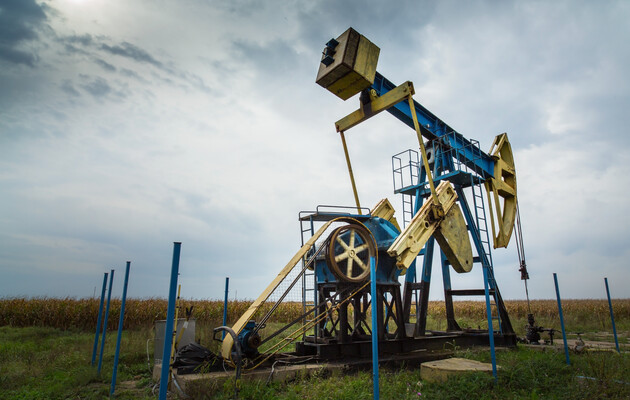

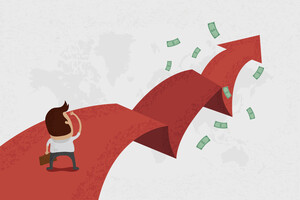
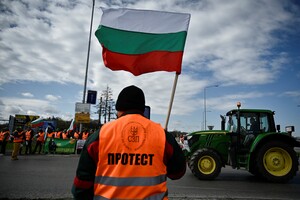
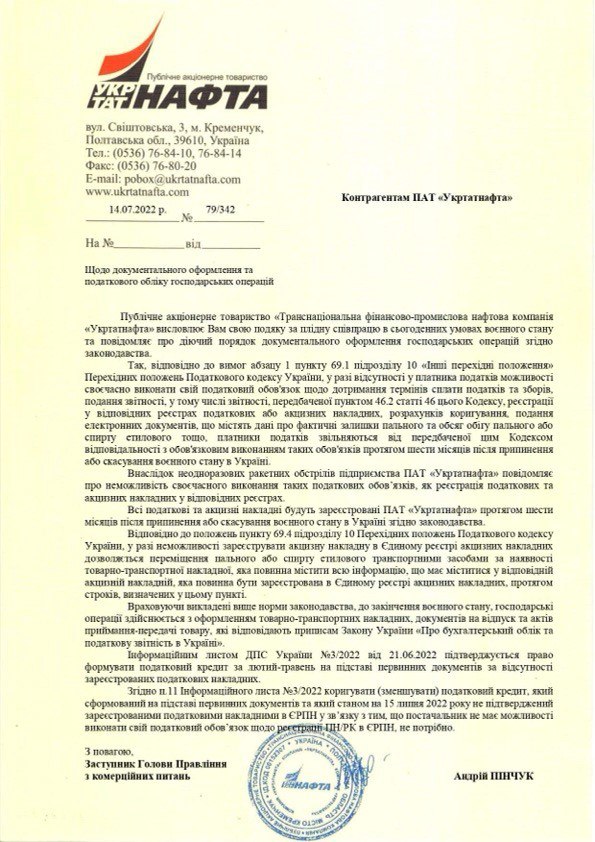
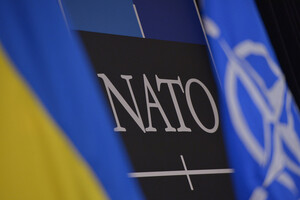
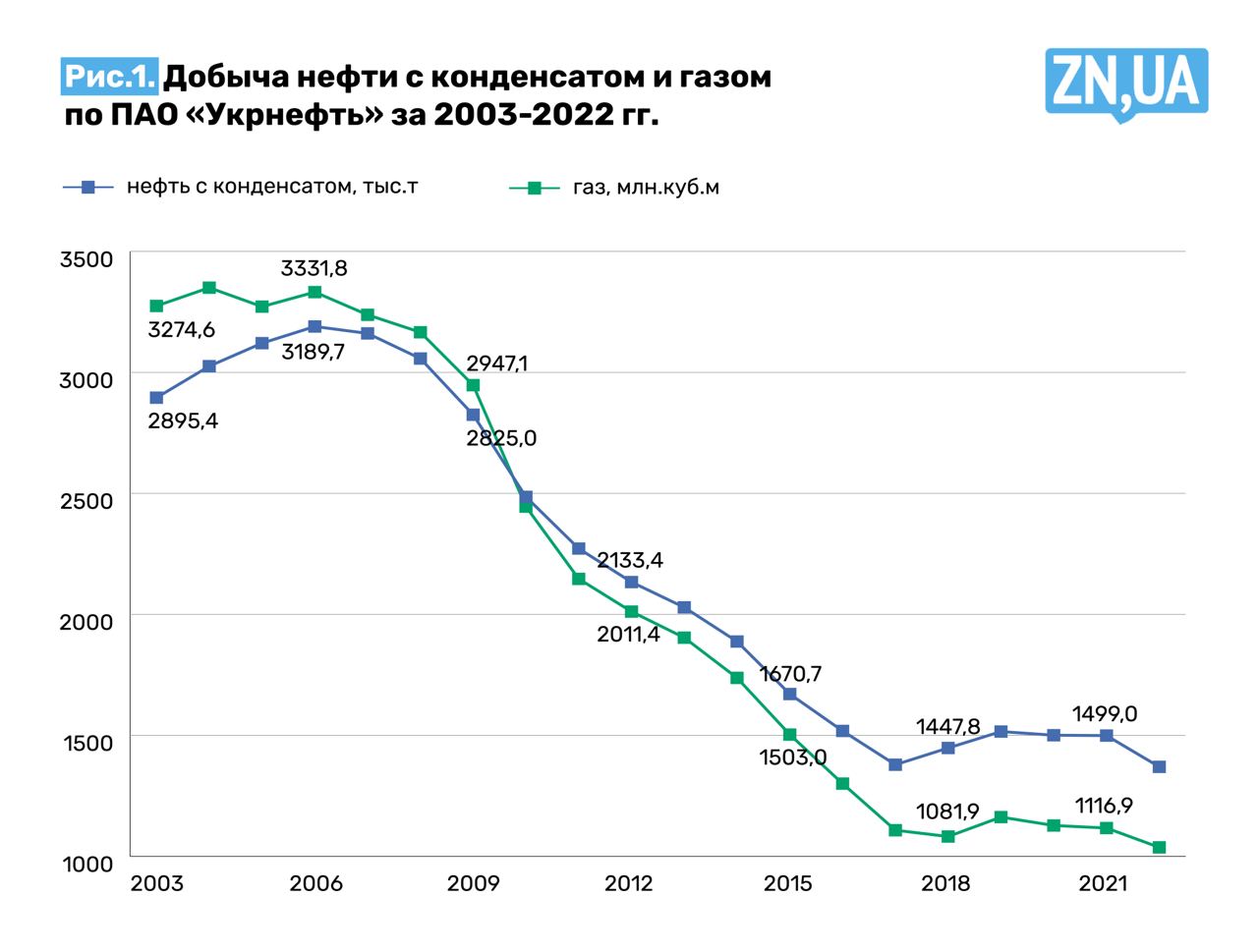
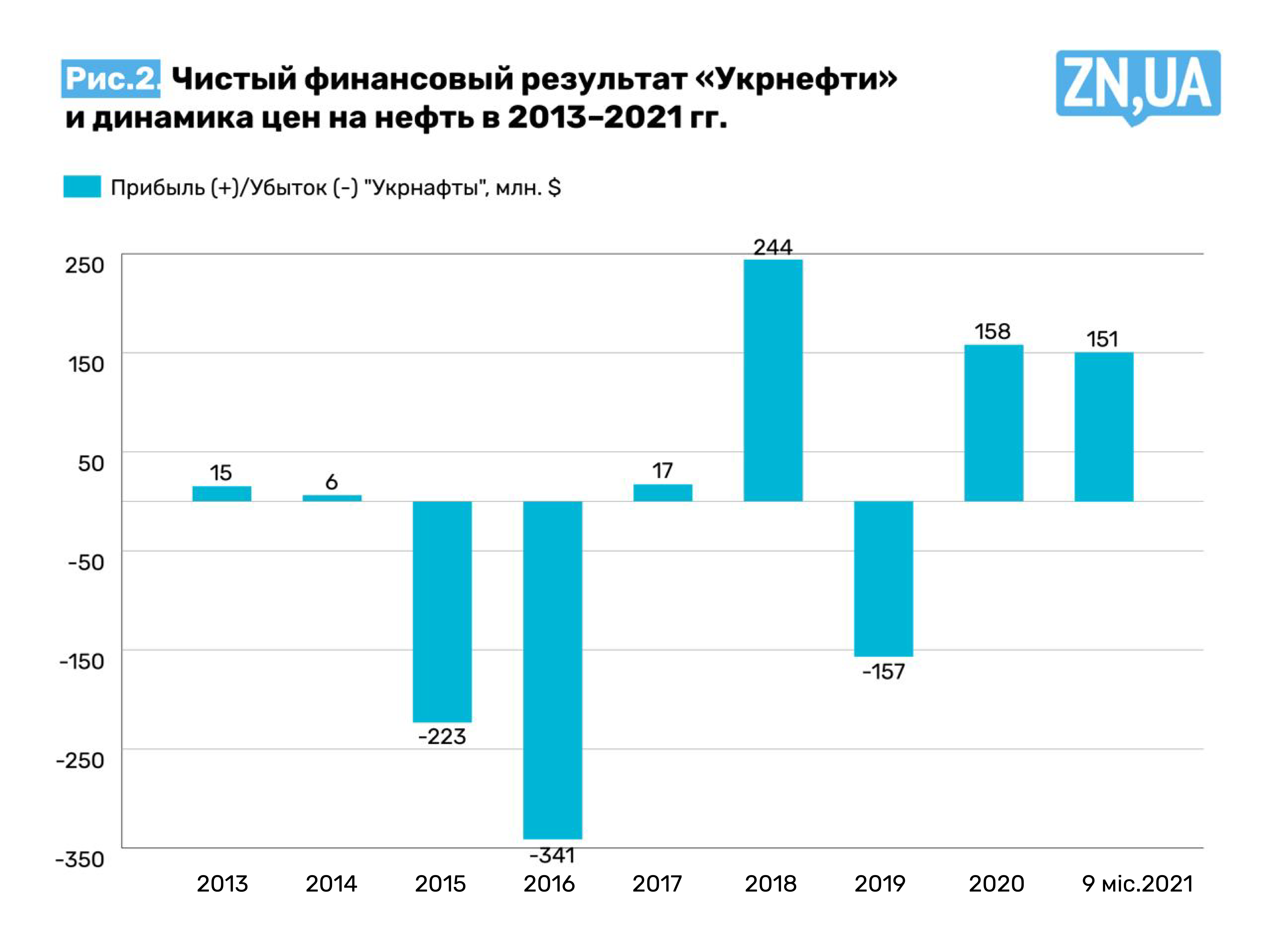
 Login with Google
Login with Google